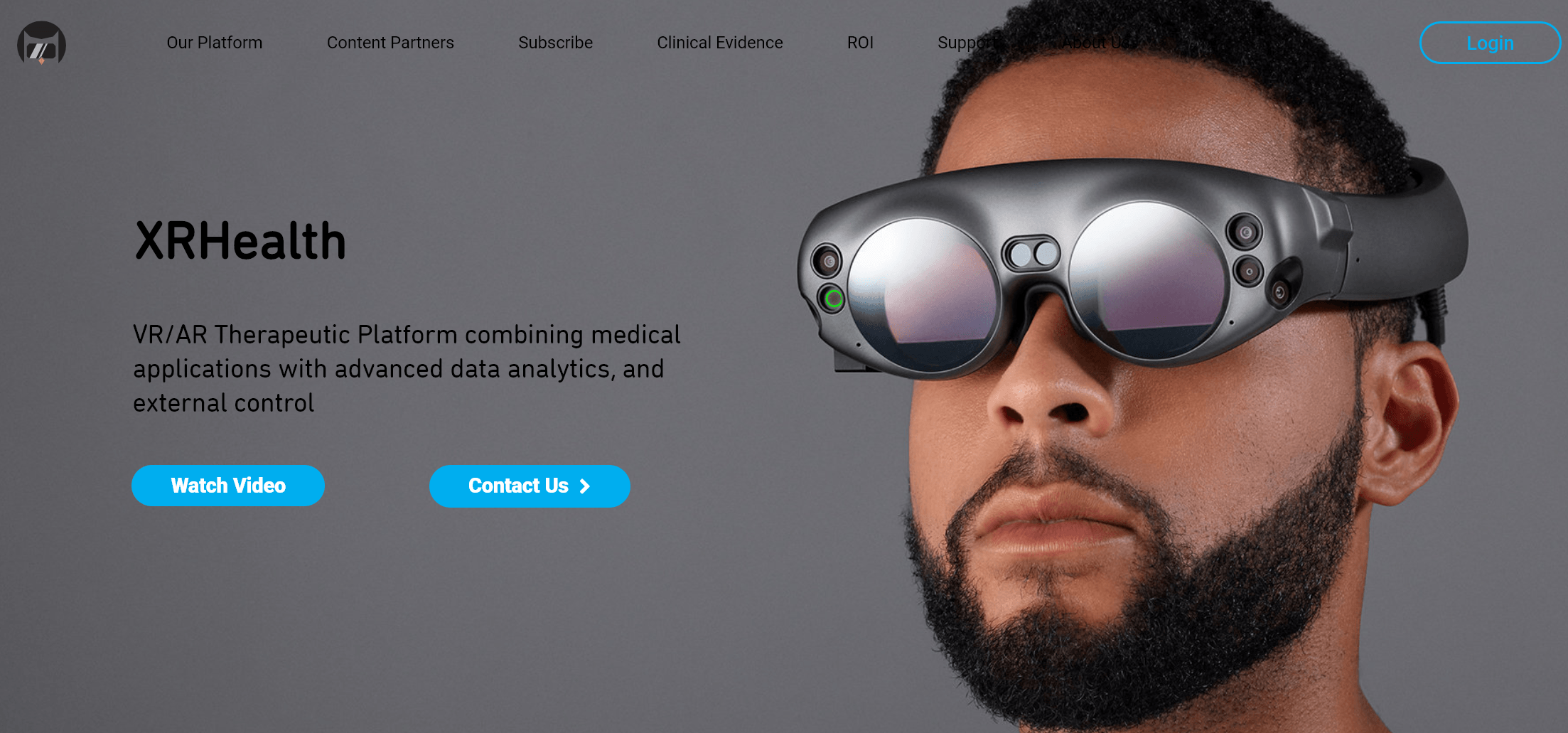
– Sheba Medical Center is creating the world-first first VR-based hospital by leverage XRHealth’s virtual reality platform as part of their strategic innovation commitment to digital health.
– Sheba will leverage XRHealth’s VR platform for cognitive therapy, physical therapy, pain relief, and many other applications throughout the entire hospital.
Sheba Medical Center, the leading medical center in the Middle East and an internationally recognized healthcare facility in Israel, today announced a partnership with XRHealth, a provider of extended reality and therapeutic applications to create the world’s first fully virtual reality hospital. The announcement is part of an initiative to strategically transforming the hospital into a center of innovation that embodies a startup culture and that encourages the hospital’s complete transformation to digital health.
Sheba’s Innovation Effort & Commitment to Digital Health

The hospital is guided by a strategy named Innovation ARC that stands for accelerate, redesign, and collaborate with a focus on investing in digital health, collaborating with key partners and inspiring innovation. As part of this vision, Sheba is partnering with XRHealth to use their VR platform for cognitive therapy, physical therapy, pain relief, and many other applications throughout the entire hospital.
XRHealth’s flagship product, the VRHealth Platform, is offered to healthcare facilities and provides them with VR medical apps, including cognitive assessment and training apps, motor function apps, pain management apps, and behavioral apps. The VRHealth Platform is particularly useful for medical professionals since they can analyze their patients’ data in real-time to track their recovery both on-site and remotely.
The Power of Leveraging VR in Healthcare
A recent study published in Oxford Academic demonstrates that an entorhinal cortex-based virtual reality navigation task can differentiate patients with mild cognitive impairment at low and high risk of developing dementia, with classification accuracy superior to reference cognitive tests considered to be highly sensitive to early Alzheimer’s disease. The results validate that Immersive VR has several theoretical and operational advantages over ‘desktop’ VR tasks, which are typically performed seated and thus without locomotor or proprioceptive feedback, both of which are pivotal for grid cell function (Winter et al., 2015).
Impact of Partnership with XRHealth
“With XRHealth, Sheba Medical Center believes we will be able to provide improved training for our facility, along with better and more personalized care for our patients,” said Professor Amitai Ziv, Director of Sheba’s Rehabilitation Hospital. Dr. Eyal Zimlichman, Sheba’s Chief Medical and Chief Innovation Officer added, “We’ve identified medical virtualization as one of the technologies that will transform healthcare. Within this realm, we aim to be a leader in developing new health services based on VR.”
